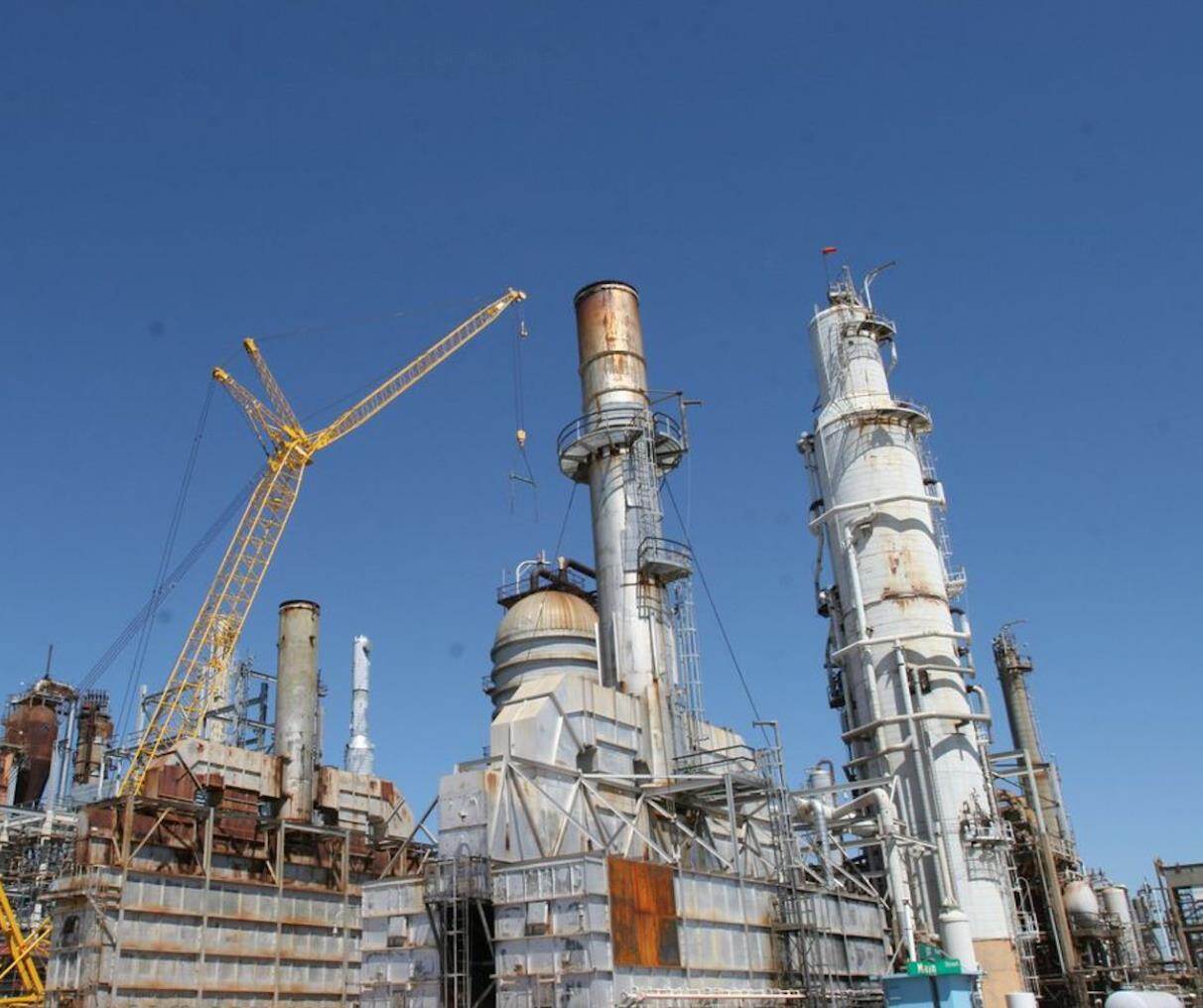- The MoU aims to produce renewable diesel and jet fuel, or sustainable jet fuel, to help accelerate Brazil's energy transition
- The project produces 1 billion liters of renewable fuel per year, equivalent to supplying 1.1 million cars per year

Acelen, a downstream company created by Mubadala Capital, has announced plans to invest more than $2.44 billion in Brazil over the next 10 years to produce renewable fuels. The company signed a memorandum of understanding with the Bahia state government in Abu Dhabi, United Arab Emirates.
Acelen plans to build a new biorefinery in the Brazilian state of Bahia to produce 1 billion liters of renewable fuel per year. The biorefinery will have a production capacity of 20,000 barrels per day. Its production will initially be aimed at foreign markets, where green diesel and sustainable aviation fuel are approved for sale and consumption.

The company expects the project to generate $17.3 billion in revenue for the Brazilian economy. In addition, the biorefinery project is expected to create 90,000 direct and indirect jobs and reduce CO2 emissions by up to 80% by replacing fossil fuels.
Acelen plans to produce renewable diesel and sustainable jet fuel by hydrotreating vegetable oils and animal fats. The new Brazilian biorefinery is expected to be on stream in the first quarter of 2026, with construction starting as early as January 2024.
The design of the biorefinery will have 100% synergies with Acelen's own Mataripe refinery in the Mataripe region. The biorefinery will utilize the existing utilities, storage tanks and logistics infrastructure at the Mataripe refinery. For the hydroprocessing of the fuel, a sustainable hydrogen production facility will be built, Acelen said.

Acelen's chief executive, Luiz de Mendonça, said Acelen's path to energy transformation began at the very beginning of its operations, modernizing the Mataripe refinery and reducing its environmental impact. Now, we are taking a strategic step towards our mission to play a leading role in the energy transition in a solid way, with a unique transformative program that reaffirms the company's commitment to a more sustainable future. Keywords: overseas news, engineering news
The first phase of the biorefinery project will use soybean oil and auxiliary raw materials. In the second phase, Macaúba oil and palm oil extracted from the Brazilian tree will be used. According to Acelen, Macaúba oil has high energy potential and has not yet been extracted on a commercial scale.Editor/XingWentao
Comment
 Praise
Praise
 Collect
Collect
 Comment
Comment
 Search
Search














Write something~